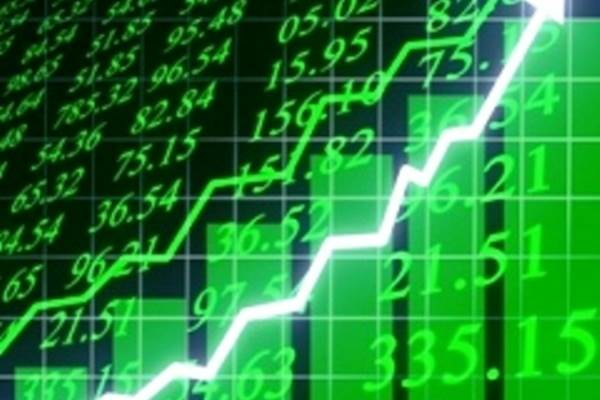 The global economy has been having a busy summer, between the excitement surrounding the Federal Reserve’s interest rate cut, the on-again-off-again trade negotiations between the United States and China, and lingering concerns surrounding the Brexit, analysts have had their news feeds full, and have seen steep market fluctuations in both global stock indexes, currency pairs and the price of precious metals.
The global economy has been having a busy summer, between the excitement surrounding the Federal Reserve’s interest rate cut, the on-again-off-again trade negotiations between the United States and China, and lingering concerns surrounding the Brexit, analysts have had their news feeds full, and have seen steep market fluctuations in both global stock indexes, currency pairs and the price of precious metals.
But with all the focus on the aforementioned issues, the protests shaking Hong Kong have coasted, for the most part, as somewhat of a lower priority for analysts. Until now. Protesters in Hong Kong have taken to the streets since June, objecting strong to a proposal that would have allowed extradition to mainland China. The protests have intensified in recent days, weeks into the conflict, causing Hong Kong’s airport to shut down over the weekend after nearly 5,000 protesters stormed the airport. The protests are posing the biggest threat to China’s authority since 1997 when China regained authority from the British.
On Monday, market analysts began to address publicly the impact that the riots in Hong Kong have had and can have on the global markets. Among the analysts that voiced their concern are CNBC’s Jim Cramer and Kiyoshi Ishigane, chief fund manager at Mitsubishi UFK Kokusai Asset Management. Ishigane wrote that “The protests in Hong Kong are negative for stocks, which were already in an adjustment phase because there is talk that the trade war will trigger a recession.”
Asian stock indexes were broadly lower on Tuesday morning, with none of the leading benchmark indexes trading higher. Japan’s Nikkei 225 was the biggest loser in the morning, trading down 1.15 percent as of 9:56 a.m. HK/SIN. Hong Kong’s Hang Seng Index was down 1.05 percent. Both of China’s benchmark indexes, the Shanghai Composite and the Shenzhen Composite, were both down just over 0.60 percent. The declines in Asia followed another down day on Wall street where all three benchmark indexes closed down over 1 percent.
